
Top 10 most popular TED-Ed Lessons of 2012
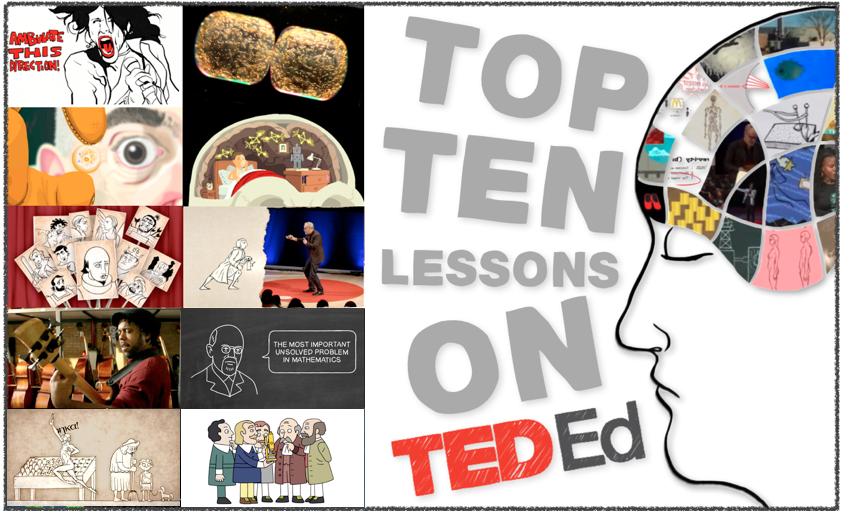
Shakespearean insults, mind-boggling numbers, universal mysteries, and microscopic battles — these topics are just hint of the intellectual expanse covered by the educators and animators in the top ten most viewed Lessons on ed.ted.com. Click any image to view the full Lesson.
#1 Power of Simple Word - Long, fancy words designed to show off your intelligence and vocabulary are all very well, but they aren’t always the best words. In this short, playful vide explains why simple, punchy language is often the clearest way to convey a message.
#2 How Big is Infinity? - Using the fundamentals of set theory, explore the mind-bending concept of the “infinity of infinities” — and how it led mathematicians to conclude that math itself contains unanswerable questions.
#3 Secret Life of Plankton - New videography techniques have opened up the oceans’ microscopic ecosystem, revealing it to be both mesmerizingly beautiful and astoundingly complex.
#4 Questions No One Knows the Answers to - In the first of a TED-Ed series designed to catalyze curiosity, TED Curator Chris Anderson shares his boyhood obsession with quirky questions that seem to have no answers.
#5 Just How Small is An Atom - Just how small are atoms? And what’s inside them? The answers turn out to be astounding, even for those who think they know. This fast-paced animation uses spectacular metaphors (imagine a blueberry the size of a football stadium!) to give a visceral sense of the building blocks that make our world.
#6 Victor Wooten: Music as a Language - Music is a powerful communication tool–it causes us to laugh, cry, think and question. Bassist and five-time Grammy winner, Victor Wooten, asks us to approach music the same way we learn verbal language–by embracing mistakes and playing as often as possible.
#7 Insults by Shakespeare – “You’re a fishmonger!” By taking a closer look at Shakespeare’s words — specifically his insults — we see why he is known as a master playwright whose works transcend time and appeal to audiences all over the world.
#8 How Simple Ideas Lead to Scientific Discoveries - Adam Savage walks through two spectacular examples of profound scientific discoveries that came from simple, creative methods anyone could have followed — Eratosthenes’ calculation of the Earth’s circumference around 200 BC and Hippolyte Fizeau’s measurement of the speed of light in 1849.
#9 The Wacky History of Cell Theory Scientific discovery isn’t as simple as one good experiment. The weird and wonderful history of cell theory illuminates the twists and turns that came together to build the foundations of biology.
#10 How taking a bath led to Archimedes’ Principle - Stories of discovery and invention often begin with a problem that needs solving. Summoned by the king to investigate a suspicious goldsmith, the early Greek mathematician Archimedes stumbles on the principle that would make him famous.

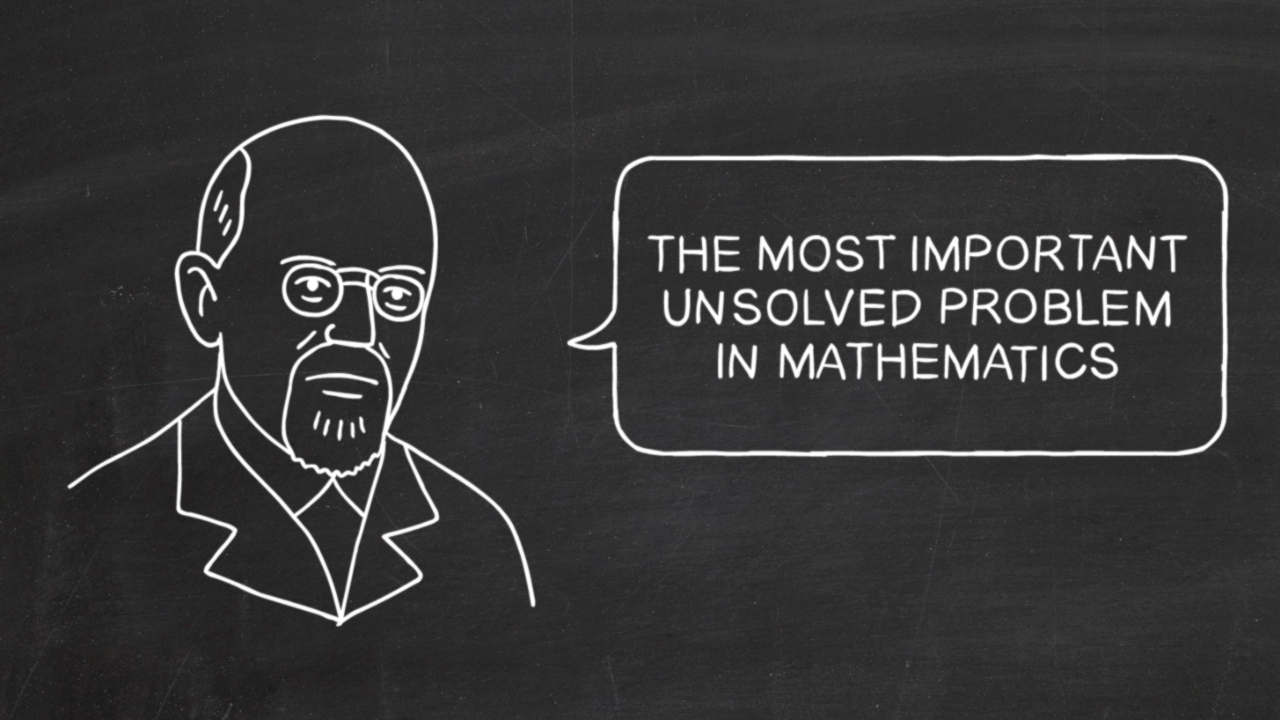

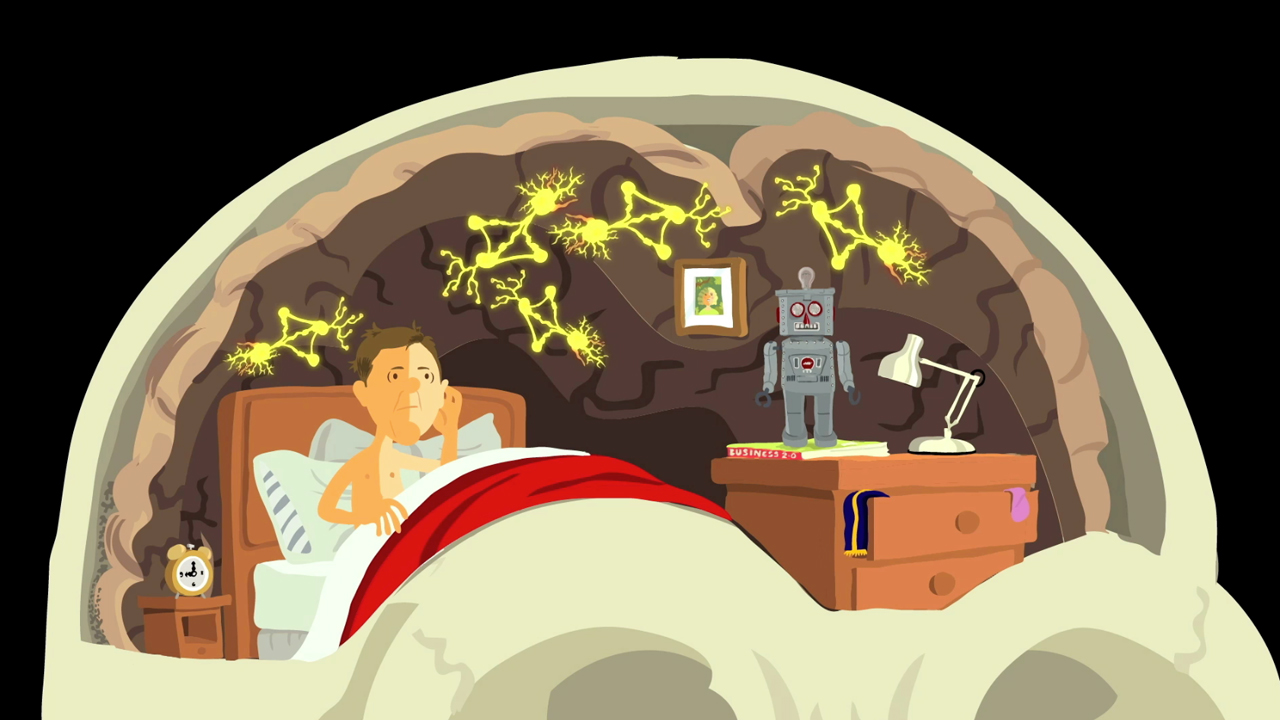
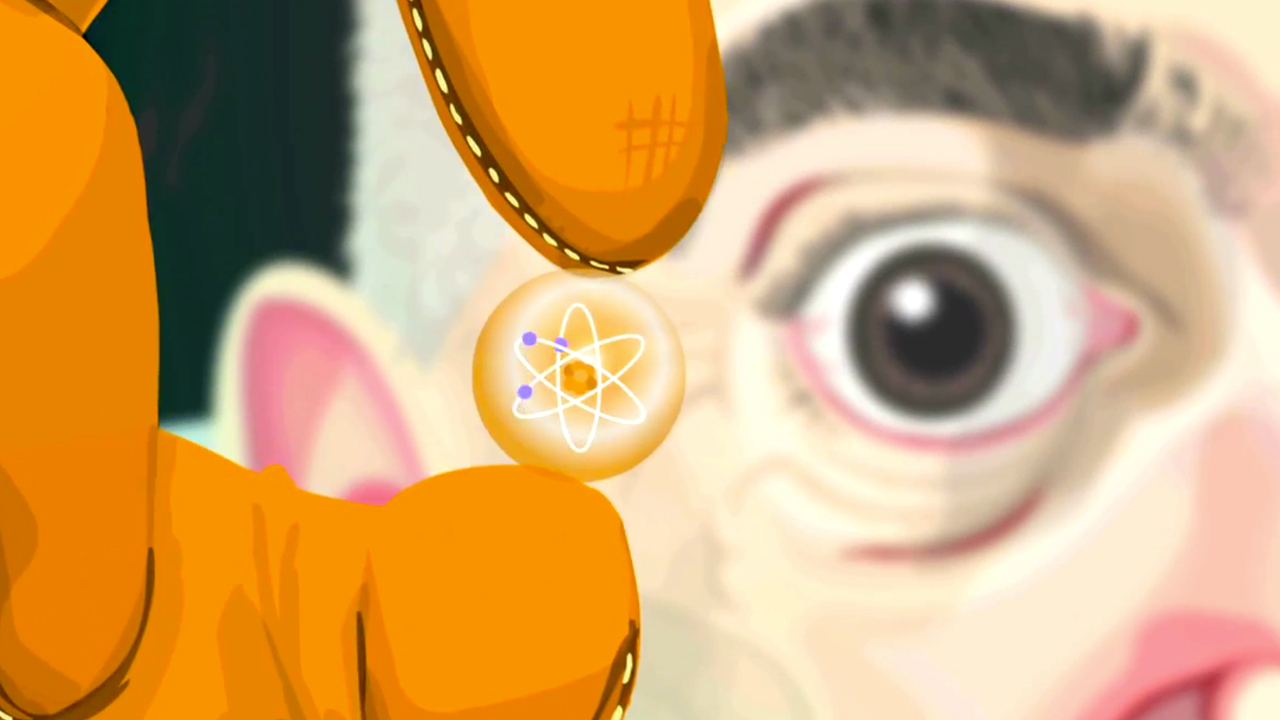
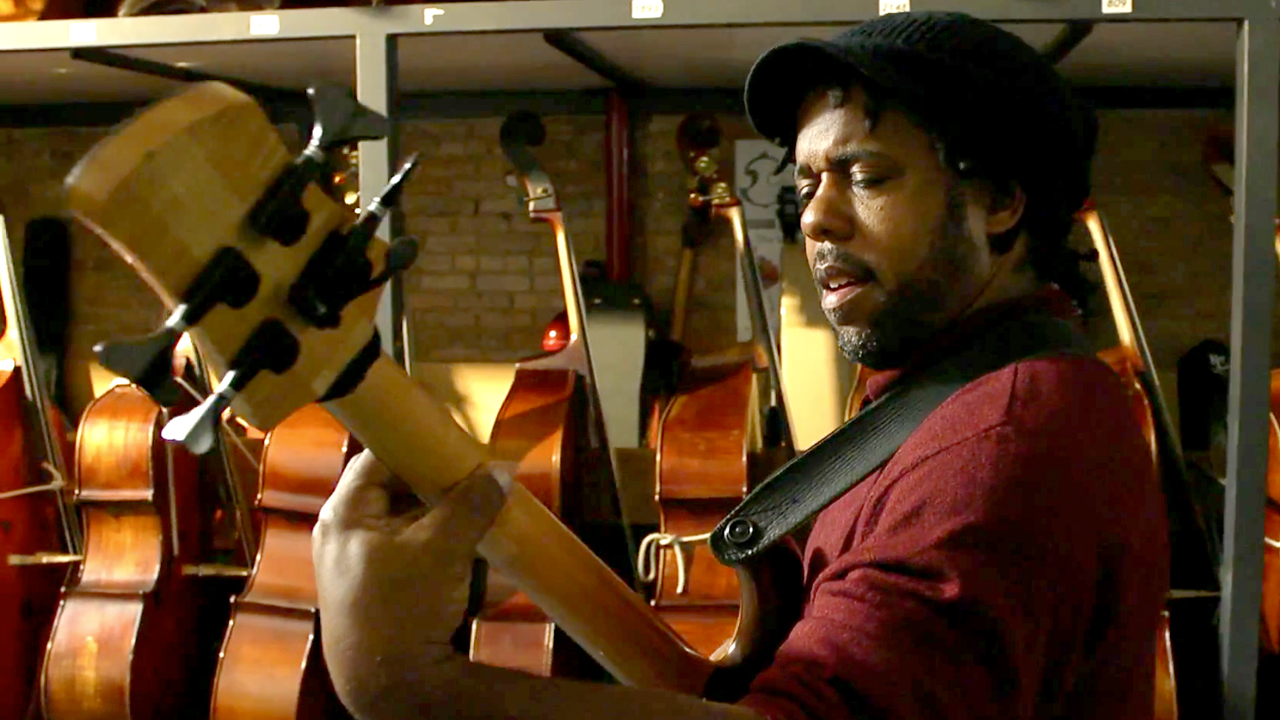

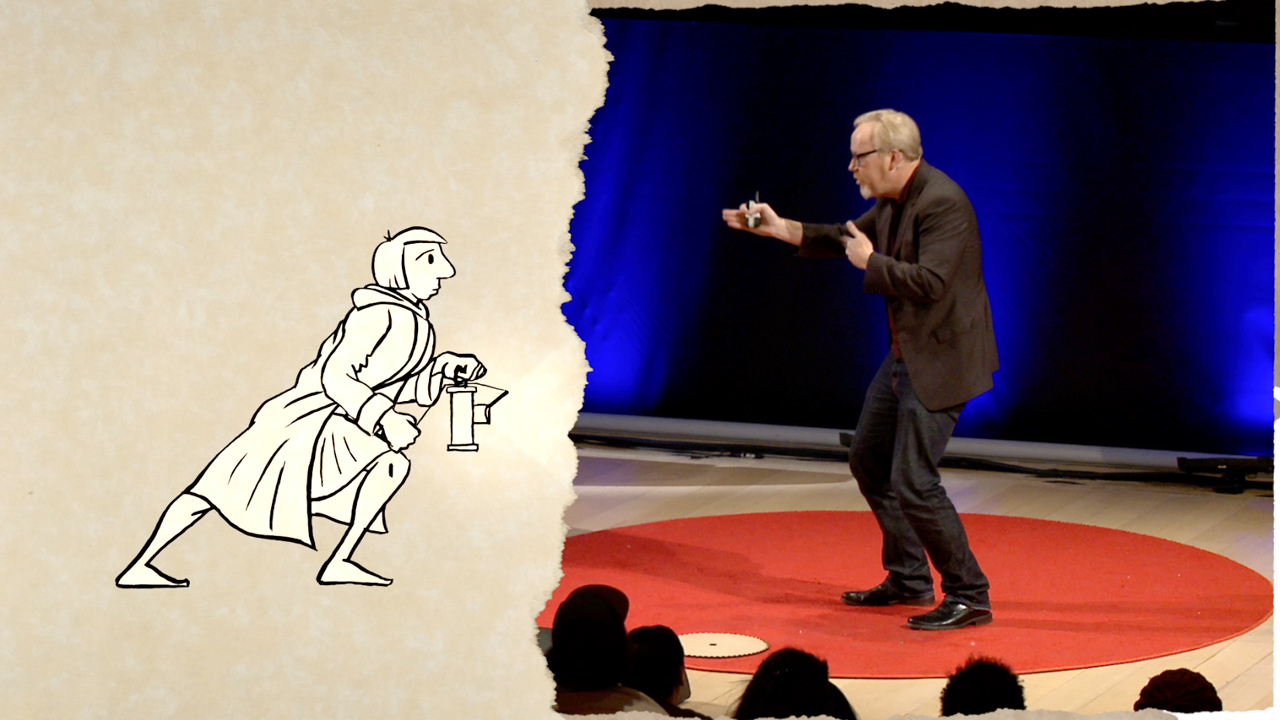
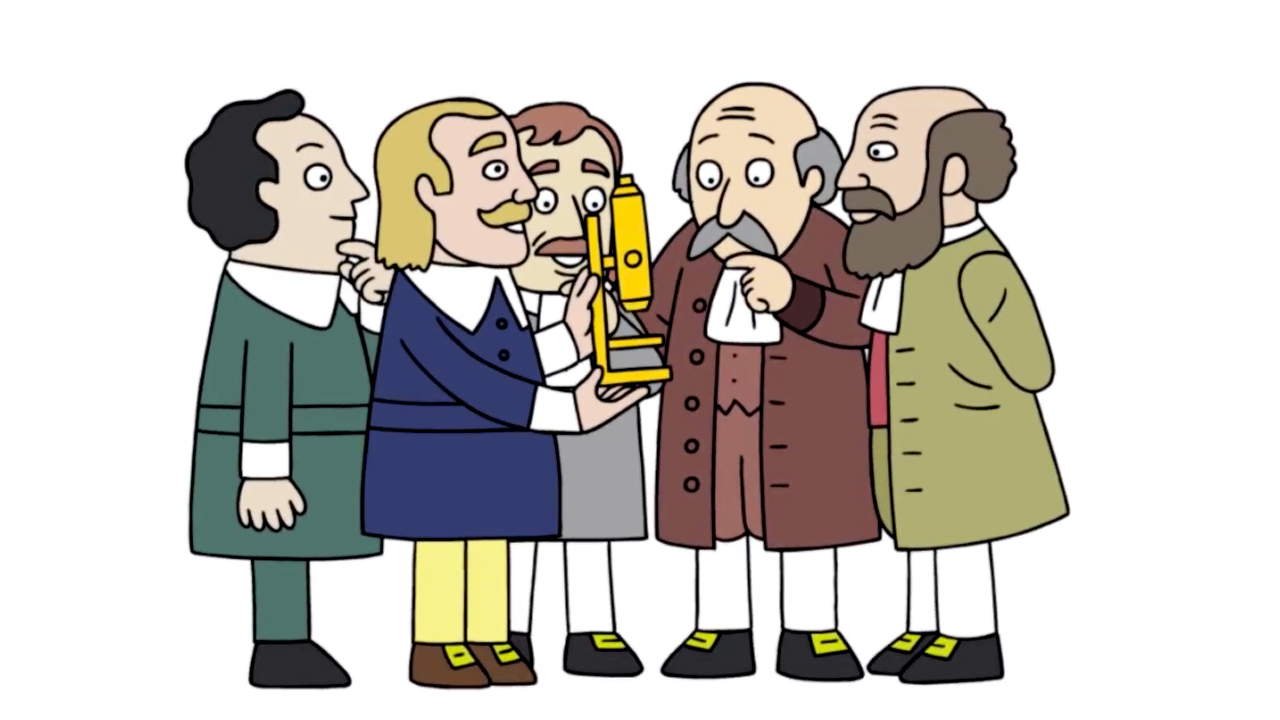
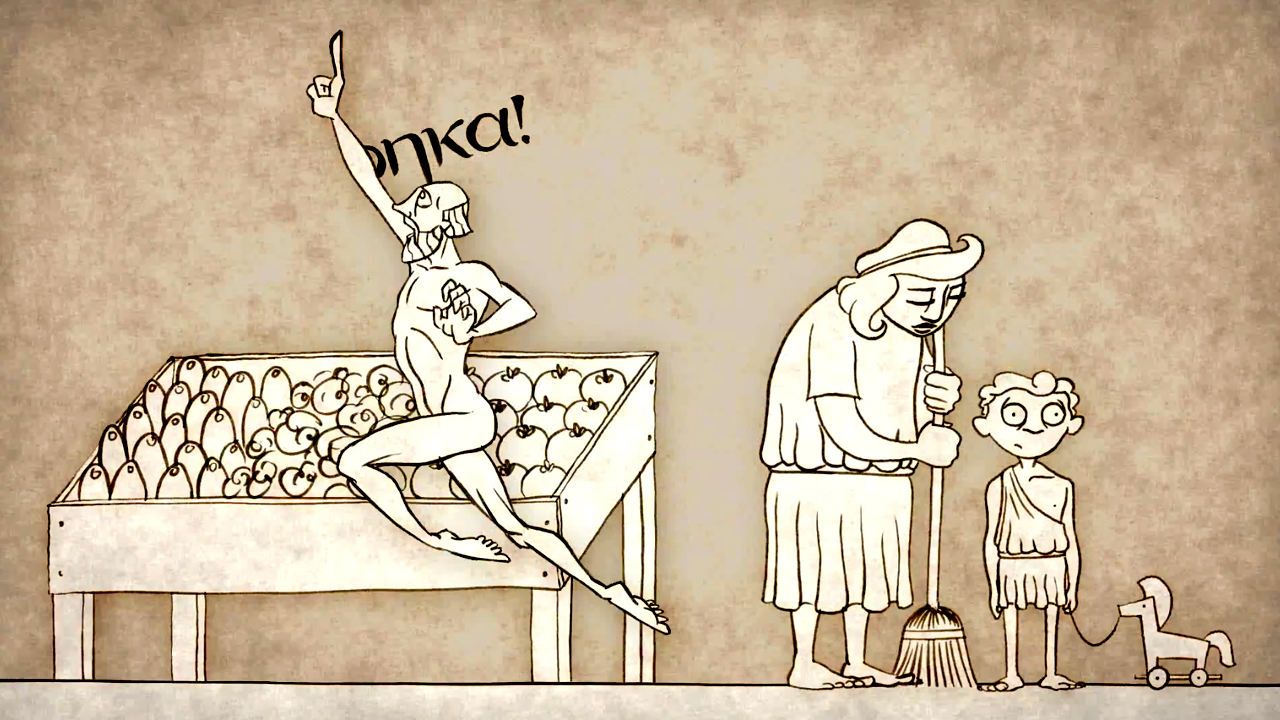




Thanks for sharing. I am encouraged to dig deeper into these topics.
I enjoyed the 10. one {Archimedes’ principle}
{Archimedes’ principle}